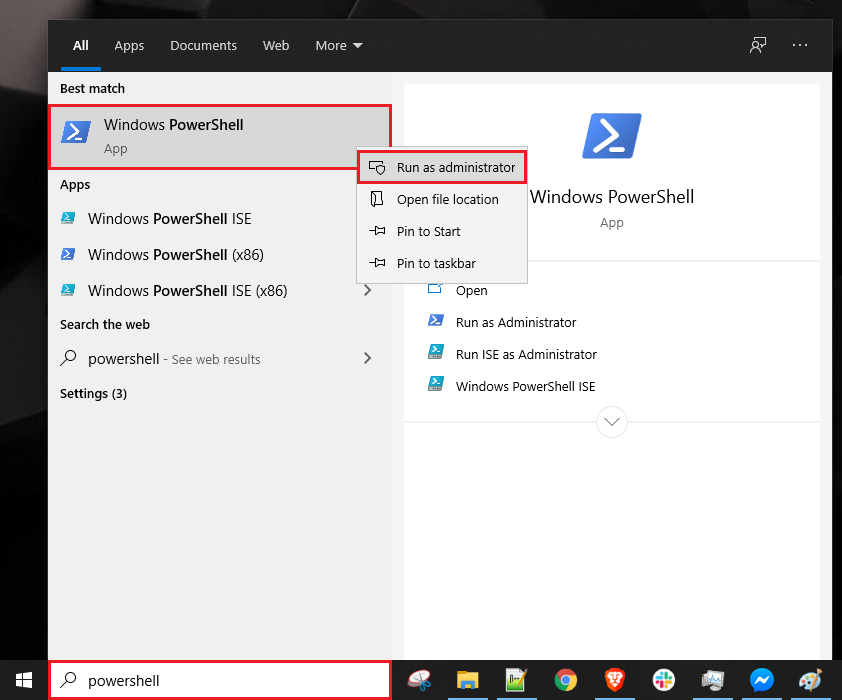How to connect and troubleshoot via SSH
Prerequisite: Installing ssh on Windows
- If your client is Windows; You can use Powershell. First, if you haven't installed the OpenSSH module yet; Open PowerShell with admin access, that is, right-click PowerShell and click Run as Administrator.

Then run this command:
After that you should see something like this:

Congratulations, ssh installation is complete.
How to connect to server via SSH
If for any reason access to the panel is not available through the web or your access is cut off and you do not have the emergency link; In this case, the only way to control and apply changes, as well as restore web access, is through the terminal.
In this case, you need to ssh to the server first.
for this job:
According to your operating system, open one of the following programs
- Windows: PowerShell
- Mac: Terminal
- Linux: Terminal
Then connect to the server by running the following command: ssh user@<IP_Address>
Usually, when you purchase a VPS you get the user ``root'' on the server. suppose your server's IP is 1.1.1.1, so the command is as follows:
If you have changed the default SSH port, then you should change the above command like this. For example, if your IP is1.1.1.1 and the port is 2222, you should execute the command in this way.
Last update:
February 27, 2026